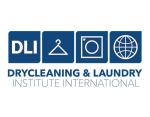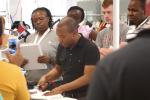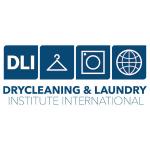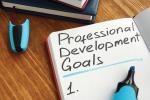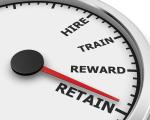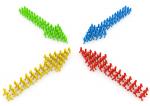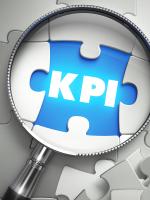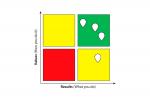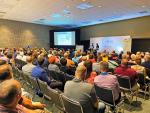CHICAGO — While there’s no substitute for hard-won experience in the business world, there can be a temptation to start to rely solely on that experience and stop looking for new ideas, education and viewpoints. At this point, stagnation can set in, and competition can gain an advantage.
This is especially true in a field like dry cleaning, where evolving technology, societal behaviors and customer expectations are changing more rapidly than ever. Owners who aren’t willing to adjust their mindsets and put in the time and effort necessary to learn new skills could find themselves at a disadvantage.
The Risk of the Status Quo
“There’s an old saying: If you keep doing what you’ve always done, you’re always going to get what you’ve always had,” says Kermit Engh, owner of Fashion Cleaners in Omaha, Nebraska, and the managing partner of Methods for Management, a consulting firm for the drycleaning industry.
The cost of this unwillingness to change, Engh believes, can be dire.
“If you’re not growing, if you’re not advancing, if you’re not looking at new technologies, if you’re not paying attention to your market, and paying attention to trends, you will be out of business,” he says. “Not today, not tomorrow, but you’re not going to have a business that is salable down the road.”
There is an arrogance to thinking that past experience will predict future results, Engh says, and holding onto that mindset will prevent both the owner and their business from reaching their potential.
“If someone says they’ve seen it all, their mind is now closed. They haven’t seen it all — they’ve only seen what they’ve seen,” he says. “I find it sad when I meet up with dry cleaners who are in their 70s and 80s and are still the person that is turning the boiler on in the morning. They have no exit strategy. Frankly, they don’t have a business. They have a job. But, if they are developing themselves professionally, they’re building a business that has value. It’s generating a profit, but at the same time, it’s becoming a salable business.”
“You need to keep growing, both personally and professionally,” says Dawn Hargrove-Avery, digital marketing manager for the National Cleaners Association (NCA). “You need to be learning new things. The world is changing so fast, and the technology that we have at our fingertips can reduce the hours of time you spend on mundane things. That is time you could spend learning something new or spending time with your family.”
Signals of Stagnation
Certain red flags will tell owners and leaders when they need to adopt a more flexible and educational mindset. Hargrove-Avery says one is an owner having an increasingly bad temper.
“I think when you get a short fuse, it’s because you’re lacking somewhere,” she says. “You’re embarrassed because you don’t have an answer to whatever you’re trying to figure out. Someone’s putting you on the spot and you don’t have the answer.”
Just noticing this tendency, she says, is key to overcoming it: “When you don’t have an answer, when you don’t know something, go figure it out. Go learn it. You can get stuck in that rut, where you think you don’t have time, but you can make time.”
For Engh, the proof of the need for further development shows up in the books.
“If a company is not making any money, there’s something wrong, and that’s the No. 1 indicator to me that something is askew,” he says. “Also, do they have a high turnover of employees? Is there a management problem? Virtually everybody now has some point-of-sale system, and if they’re not gaining new customers per month, there’s a problem. If they are losing their big tunas, there’s a problem.”
But, ultimately, Engh says, it all boils down to the monthly profit and loss (P&L) report: “If they don’t have a profit, there’s a problem, so you work backwards to see where that problem is. Is it a revenue problem? Is it an expense problem? The P&L is the ultimate report for any business.”
Come back Thursday for Part 2 of this series, where we’ll investigate methods owners have available to them to learn skills and share knowledge, as well as the value of building relationships with peers.
Have a question or comment? E-mail our editor Dave Davis at [email protected].


